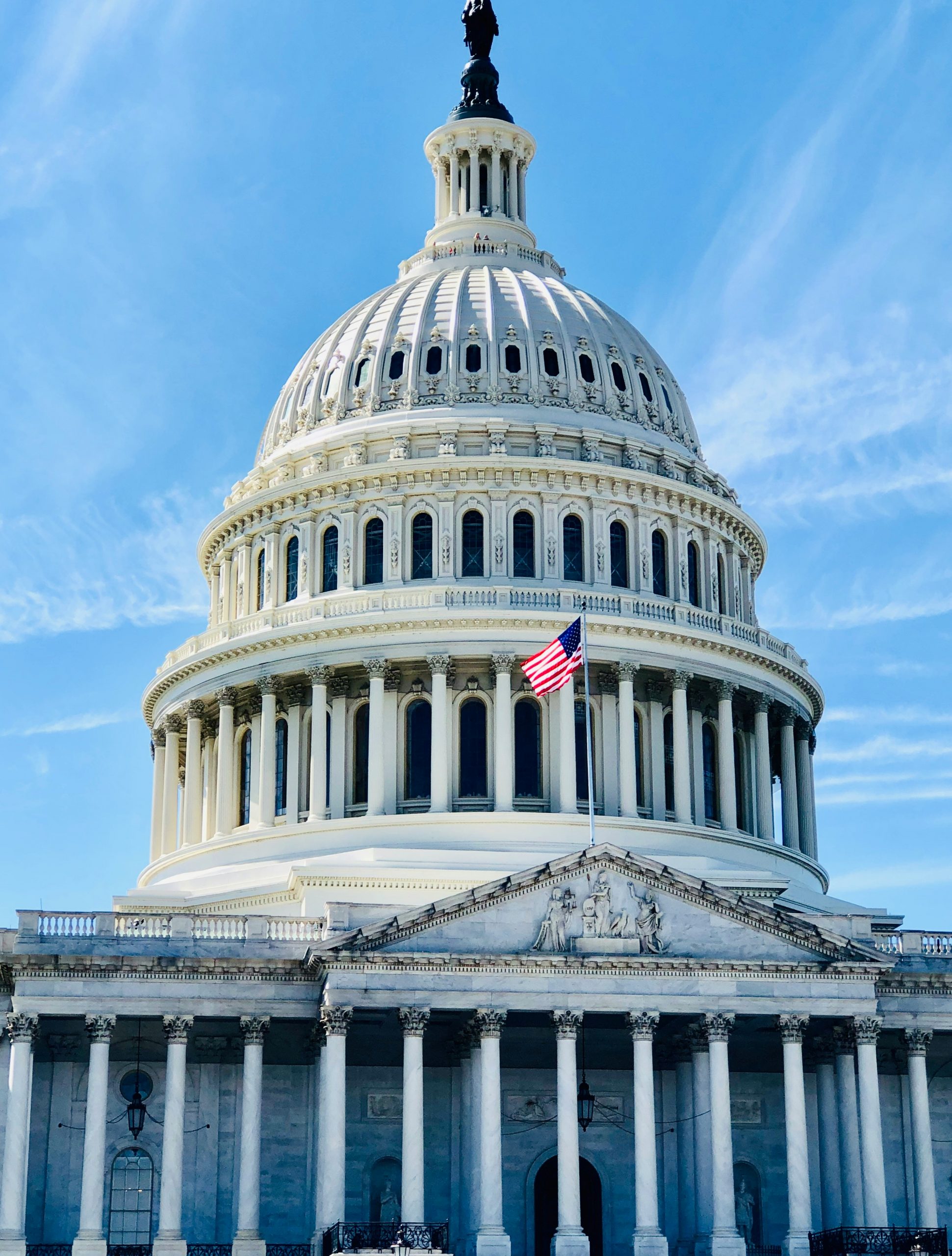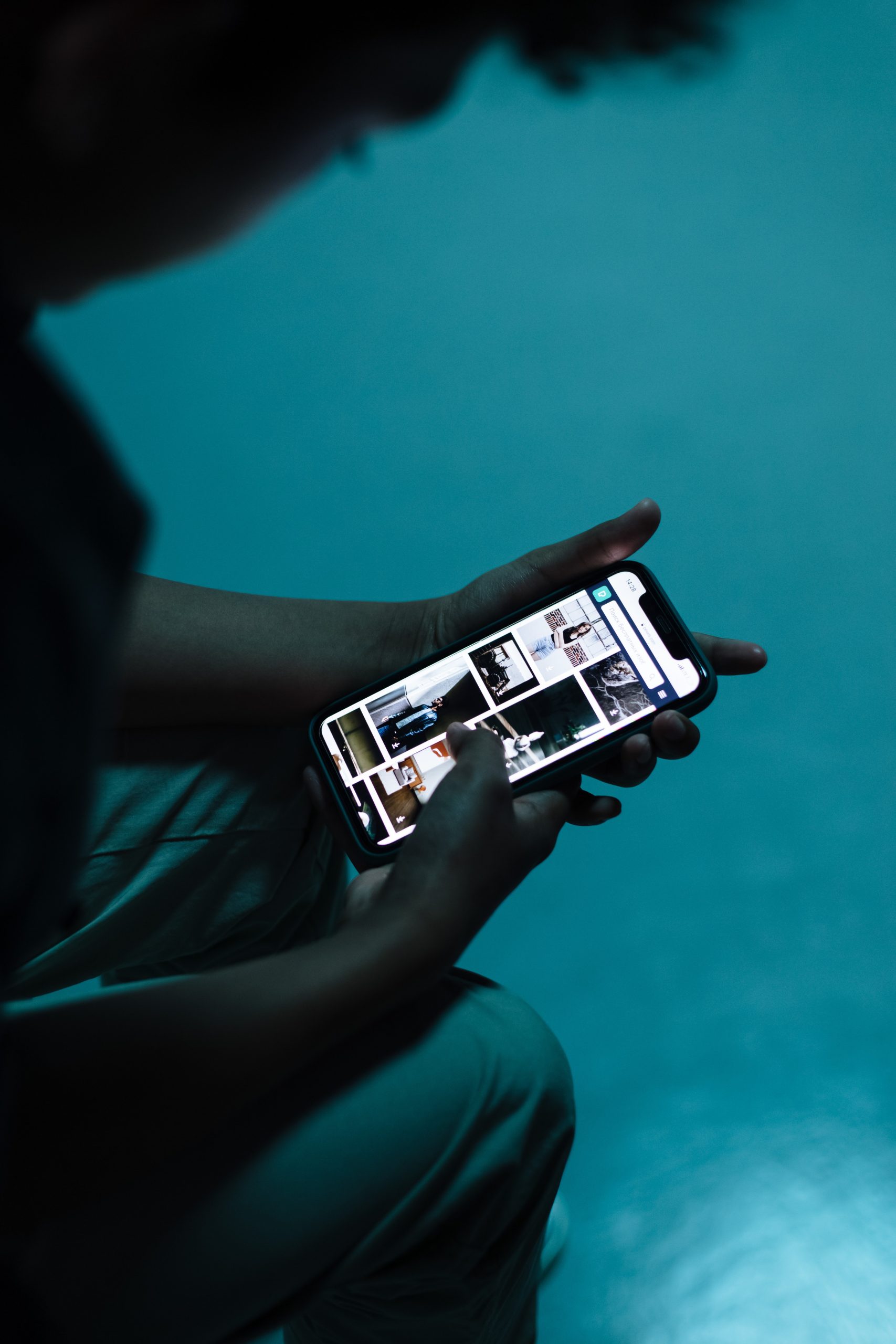Online content has become dominated by sensational form, from short, fun listicles to personalized headlines. Modern audiences interact with news organizations via social media through liking, sharing, and commenting on online news articles. And though this means that important information is now more easily accessible to people from all walks of life, it also proposes a dangerous new world in which the line between news and entertainment is permanently blurred. But what do the dangers of social media sensationalism entail?
The sensationalist news trend has grown to be a cornerstone of modern internet culture, from clickbait thumbnails on YouTube to snappy, ill-researched TikToks. This means that the sudden emergence of social media hasn’t only been viable in building necessary bridges across our borders. But it has also boosted the already quick flow of the information superhighway to an almost terrifying degree. Now public cases and traumatic incidents that require much sensitivity, expertness, and caution are all accessible to any old shmoe with a phone, all at just the click of a button.
Read, like, comment
Participatory content creation, thoroughly researched engagement tactics, and networked distribution channels are all common features of the online journalism we’re familiar with this day today. Social media platforms have further expanded the range of ways that such news organizations can engage with audiences and keep them engaged. It is this participative shift in the news world that has emboldened our need to not only comment on or engage with the news popping up on our feeds. But at times even directly add to the conversation surrounding such important topics. Case in point is the very heated debate fostered by the Depp v. Heard trial.
Everyone has an opinion
Social media does, despite its many positive influences on society, often appeal to our worst instincts. From the callous judgment of others on the internet. The spreading of both ill-advised and damaging hot takes on our favorite apps. To the almost instinctive sharing of sensationalized news. The fast pace and automatized nature of popular platforms mean that social media practically runs on sensationalist tendencies. Especially in terms of how we consume news today. With the added pressure of public opinion (specifically like and retweet buttons) influencing how we interact with our daily news; It is important to ask why and when they need to comment on the scary stuff going on in the world became more important than the very real issues threatening our survival every day.
Callousness galore
With hollow reporting that prioritizes shock value and brevity over fact desensitizing us. And the continuous stretching of freedom of speech through tasteless jokes about important social issues, it is not surprising that cases like the Depp v. Heard trial, or the Gabby Petito murder investigation go from being very real and very frightening occurrences to overnight sensations. With many making entertainment out of these (and many more) incidents on platforms like TikTok and Twitter. And some even profiting off producing “mememified” or other insensitive content. It is becoming increasingly evident that circumventing the dangers of social media sensationalism isn’t going to be a cakewalk.
Dangers of social media sensationalism
To suggest that simply destroying the part of human psychology that takes pleasure in sensationalized news is the best way to deal with the very real dangers of social media sensationalism is far too short-sighted. Sure, the attention-grabbing headlines, and overall bastardization of genuine news stories are the core issues. But the dehumanization of our fellow men is just as worrying. Momentarily forgetting that the people mentioned in cases like Gabby Petito’s are real. All for the sake of cheap laughs online is a slippery slope. One that might forever impact not just our ability to discuss principal matters (i.e., domestic violence, racism, violent crime). But also our general perception of the world.



